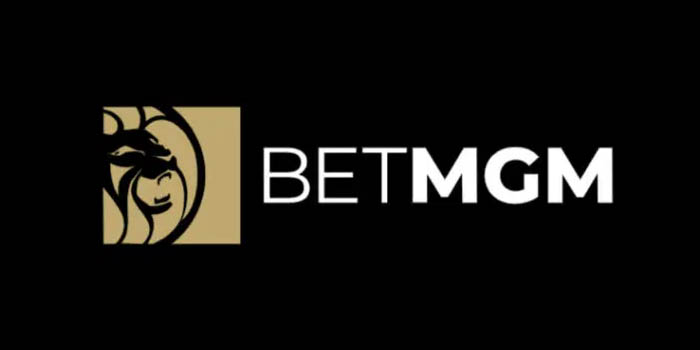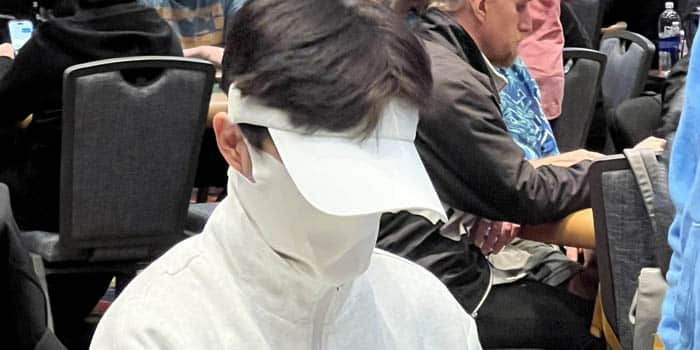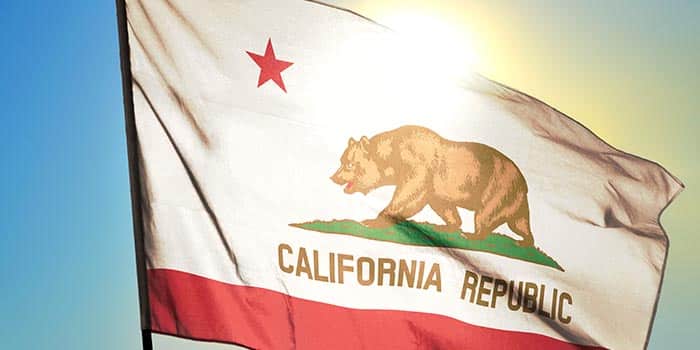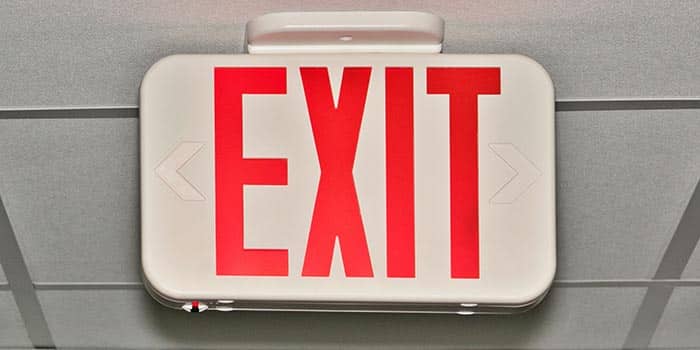- Casino
- By State
- Alabama
- Alaska
- Arizona
- Arkansas
- California
- Colorado
- Connecticut
- Delaware
- Georgia
- Florida
- Hawaii
- Idaho
- Illinois
- Indiana
- Iowa
- Kansas
- Kentucky
- Louisiana
- Maine
- Massachusetts
- Maryland
- Michigan
- Minnesota
- Mississippi
- Missouri
- Montana
- Nebraska
- Nevada
- New Hampshire
- New Jersey
- New Mexico
- New York
- North Carolina
- North Dakota
- Ohio
- Oklahoma
- Oregon
- Pennsylvania
- Rhode Island
- South Carolina
- South Dakota
- Tennessee
- Texas
- Utah
- Vermont
- Virginia
- Washington
- West Virginia
- Wisconsin
- Wyoming
- By State
- Slots
- Poker
- Sports
- Esports
Tonko’s SAFE Bet Act Targets Sports Betting Marketing Tactics
Rep. Paul Tonko has announced his intention to introduce a bill that would strictly limit the way US online sports betting operators advertise and interact with customers

Rep. Paul Tonko (D-N.Y.) has expressed his intention to introduce legislation that would change the way online sports betting operators in the US market their services and interact with customers.
Problem Gambling, a “Public Health Crisis”
Tonko considers that problem gambling in the US has turned into a full-blown “public health crisis—one that requires a public health approach and solution.” Accordingly, he promises that his legislation is capable of providing just the right solution.
Tonko also expressed his view that, since 2018 when the Supreme Court struck down the federal ban on sports betting, the sports betting industry in the US has been operating in “a Wild West, largely unregulated environment.”
Joined by members of Northeastern University’s Public Health Advocacy Institute, he also made the point that the US is dealing with a massive crisis that involves “a known, addictive product.”
His proposed Supporting Affordability and Fairness with Every Bet Act (SAFE Bet Act) is aimed at fixing the crisis by asking the 38 states that have already legalized sports betting, including 30 states where mobile betting is legal, to oversee operators’ businesses and impose a series of strict limitations.
SAFE Bet Act Regulations
According to the SAFE Bet Sct, operators would need to comply with minimum federal standards belonging to three categories: advertising, affordability, and artificial intelligence (AI).
In terms of advertising, sportsbook advertising would not be allowed during live sporting events. Also, programming aimed at inducing gambling with “bonus,” “no sweat,” “bonus bets,” and odds boosts would be strictly forbidden.
Regarding affordability, operators would have to cap the number of accepted deposits from a customer in 24 hours to five.
Even more, operators would be required to complete “affordability checks” on their customers prior to accepting large wagers while forbidding them from accepting deposits with the help of credit cards.
Operators would also be forbidden from using AI to keep track of players’ gambling habits and provide individualized promotions.
Operators would also not be allowed to use AI to generate new gambling products, including microbets and prop bets.
While announcing his intention to introduce the new bill, Tonko also took the opportunity to reiterate his stance that a large number of sportsbook marketing tactics are deemed as being “predatory” and meant to attract and retain a new generation of consumers.
In February 2023, Tonko also introduced the Betting on Our Futures Act with a focus on advertising used by sports betting operators.
The Act found inspiration in the Public Health Cigarette Smoking Act which imposed a ban on tobacco advertisements.
The American Gaming Association opposed the bill proposed by the New York Congressman.
Sen. Richard Blumenthal of Connecticut, another supporter of the introduction of legislation targeting the sports betting industry, took it to his social media to echo a few of Tonko’s concerns. Earlier this week, a lawmaker from New Orleans, State Rep. Shaun Mena, pushed for legislation that would ban all types of advertising tied to gambling.
Related Topics:
After finishing her master's in publishing and writing, Melanie began her career as an online editor for a large gaming blog and has now transitioned over towards the iGaming industry. She helps to ensure that our news pieces are written to the highest standard possible under the guidance of senior management.
Must Read
More Articles

















